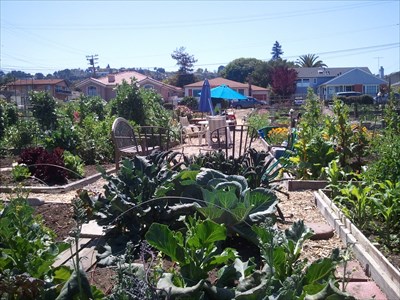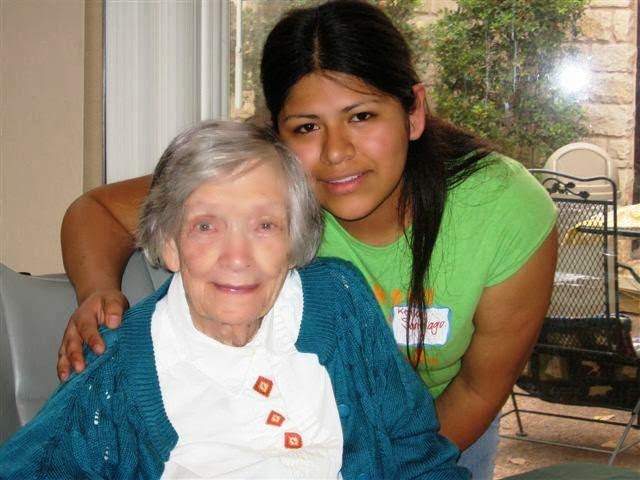Communities across America are developing innovative
practices, programs and policies to solve challenges that benefit people of all
ages.
These age-optimized communities bring
together people of all generations to improve neighborhoods, towns, cities, and
counties.
Intergenerational communities thrive because they build
strong, supportive communities with fresh solutions to challenges that help people
of all ages. They advance policies and practices that both acknowledge and
promote intergenerational interdependence.
That’s why, starting today and through the weeks leading
up to our March 25 event, we’re highlighting our past winners’ stories in
three-part series that shows why age-intentional strategies are important.
First up, are our inaugural winners in 2012: Georgetown, Texas; Lamoni, Iowa and Oberlin,
Ohio.
In Georgetown, TX, home to approximately 47,000
residents, no one entity plans or oversees the city’s array of
intergenerational activities or initiatives. Instead, the city government,
schools, businesses, and religious and nonprofit organizations all work
collaboratively to identify opportunities and strengthen existing efforts.
The city government helps sustain intergenerational
efforts in a number of ways. Using an Asset Based Community Development
approach, it works to build the often underused “community assets” (talents) of
seniors and youth.
The city is also a major contributor to the Georgetown
Project, which funds social service and youth development organizations that
help sustain intergenerational connections. Other city projects include helping
to revitalize the historic town square so it now serves as an intergenerational
gathering place; overseeing a new public library that includes space to foster
intergenerational interactions; and building a new recreation center that
includes a teen/senior center.
Things are just as busy in Lamoni, Iowa, where problem
solving brings the generations together.
With a population of just under 2,500 residents, Lamoni
has numerous strong intergenerational practices benefiting all ages. Graceland
University students volunteer with school children, senior adults and local
community organizations. High school students teach computer skills to
adults.
The weekly Lunch Buddies mentoring program brings mentors
ranging from Graceland students to city employees, to Optimist Club members, to
retired citizens to the local elementary school.
Additional intergenerational programs include a Service
Learning Club that provides a wide array of services for older adults and
Across Ages mentoring that pairs middle school youth with adults aged 55 and
over.
That spirit of collaboration and community service are a
big part of life in Oberlin, a city that’s built strong alliances with
community organizations that ensure that Oberlin is an intergenerational
community.
The local government, Oberlin College, Oberlin City
Schools, Kendal at Oberlin (a retirement community), Oberlin Community
Services, Oberlin Heritage Center, Mercy Allen Hospital, and many other local
organizations work closely together to develop programs that support and
encourage interaction among different generations.
Students from Oberlin College’s Bonner Center for Service and
Learning work with the many community organizations to address concerns and
challenges, using many intergenerational techniques to achieve the goals.
Read the full community profiles here.
Stay tuned for next week, when we introduce San Diego County, California; Virginia
Planning District 10 (2012 winners) and Dunedin, Florida (a 2013 winner).







